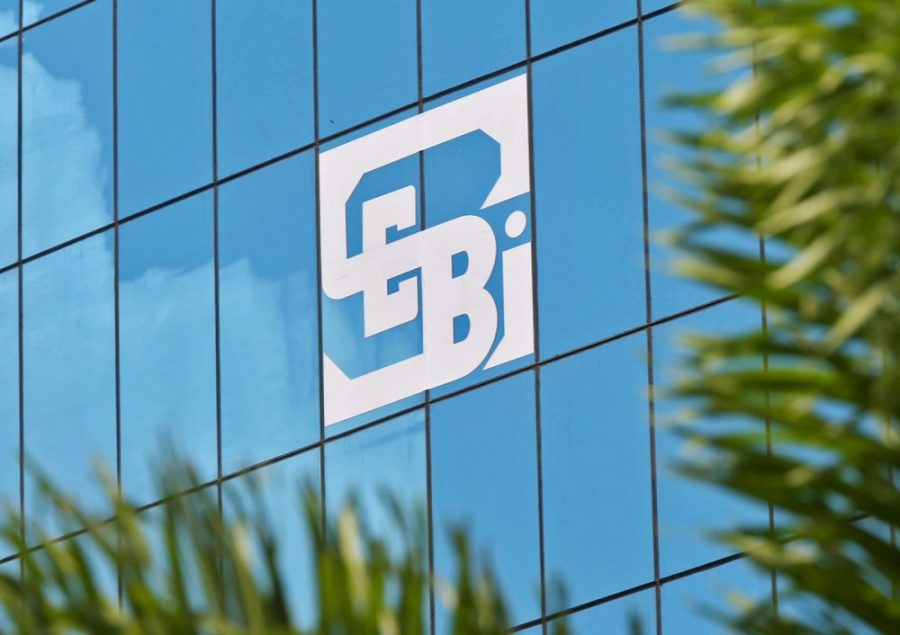With Asian bourses from Tokyo to Singapore amending their rules to allow the listing of Special Purpose Acquisition Companies (SPACs), India is also trying not to miss the bus
(AF) According to many reports the Securities and Exchange Board of India (SEBI) – the capital-markets regulator – is already working on a dedicated framework for Special Purpose Acquisition Companies. And market sources say India could see a law and regulations on SPACs announced as early as the end of June.
This suggests that ‘non-operational’ companies could start raising funds in initial share sales and maybe even listing locally by the end of the year.
SEBI is said to have set up a group of experts in March to examine the feasibility of introducing SPAC-like structures in India. It is now reportedly on the verge of finalising a SPAC framework, which could be revealed soon.
“If SEBI introduces SPAC laws, it is going to be a game changer for the Indian markets,” Girish Vanvari, founder of tax advisory firm Transaction Square told Asia Financial.
“Indian companies want to list in the US, but can’t because of Reserve Bank of India regulations. By allowing SPACs, India would allow an Indian company to reverse merge with a US-listed company to get listed there without having to list in the country first.
“We expect the regulations for this would come by June-end, or else India would miss the SPAC bus, and if SPACs happen, we would see deals starting to happen in the next six to 12 months,” Vanvari added.
SPAC, or shell companies, created and listed on bourses with the sole intention of merging with a private business, have gained tremendous popularity in the past few years in international capital markets, especially in the US.
Why it matters
SEBI’s efforts come at a time when many Indian companies are looking to explore the SPAC route in the US.
After a bumper 2020, the frenzy to list through SPAC continues this year with listings worth more than $96 billion in the US so far – while an estimated $120 billion in capital is pushing deals in Asia.
Small wonder then, that Asian bourses from Tokyo to Singapore are considering rule changes to allow the listing of SPACs.
India did release a domestic SPAC proposal last month to “keep pace with the evolving market environment” — however, the proposals fell short of expectations, as they limit listings to a single financial zone called GIFT City, which is India’s sole international financial services centre.
Outside of the GIFT, current Indian laws disallow the listing of shell or ‘non-operational’ companies, and the Companies Act 2013 also lays down strict rules for a “shell corporation”. For instance, the government can eliminate a shell company if it fails to start business operations within 12 months of being incorporated.
SEBI’s IPO regulations also require – aside from other matters – an average operational profit of at least $2.1 million for three years.
Since SPACs can’t always meet these requirements, they fail to gain acceptance under current SEBI regulations.
The taxation regime in India is also anti-SPAC. For instance, foreign-listed SPACs have to pay capital gains tax upfront – before acquiring Indian start-ups, which then taxes the SPAC shareholders directly.
To allow SPACs in India, SEBI has to either introduce a separate law or amend current regulations to allow listing of “non-operating” or “investment” companies, industry sources say.
The regulator is also reportedly concerned about maintaining control over Indian companies that become linked to SPACs in the US.
SPACs also face several challenges in India like divergent interests of sponsors, investors and the target company, while a merger through a SPAC arrangement including the process of liquidation could be time consuming in India.
All that could reduce the attractiveness of SPACs over a formal IPO, experts say, noting that SPACs have distinct trading cycles unlike an IPO. They also need to deal with uncertainty risks.
Many in the queue
“Still, many are already waiting in the queue to grab the SPAC opportunity,” Vanvari says.
Capital market sources estimate that over $40 billion in IPOs are waiting in the pipeline for 2021, and as per Mckinsey’s numbers, India’s $140 billion capital markets could attract a further $100 billion each year if it allows SPACs.
Credit Suisse has also said that India is home to at least 100 “highly-valued, as-yet unlisted” unicorns — startups worth more than $1 billion each — with a combined market capitalization of $240 billion.
Meanwhile, Global Consumer Acquisition Corp, a blank cheque company backed by two local private equity investors raised $170 million as part of an IPO this week.
The company, which listed on the Nasdaq under the symbol ‘GACQU, is a special purpose vehicle for acquiring businesses in the consumer sector with a focus on Asia and India.
GCAC aims to acquire targets with enterprise value in the range of $500 million to $1 billion complemented by a series of tuck-in buyouts in similar or adjacent categories to accelerate the growth of this platform.
“While SPAC deals in India are still at a nascent stage, the number of SPAC-related conversations in the Indian transactions space is swiftly growing. However, certain Indian tax and regulatory considerations need to be suitably addressed / structured appropriately before implementing SPAC structures in India,” a recent EY study said.
























